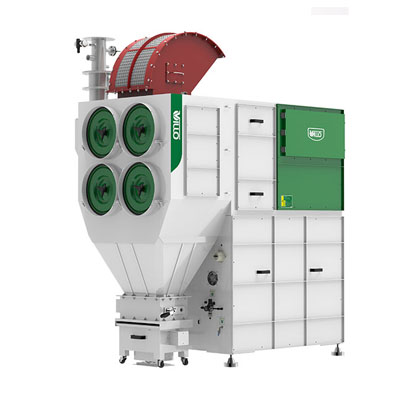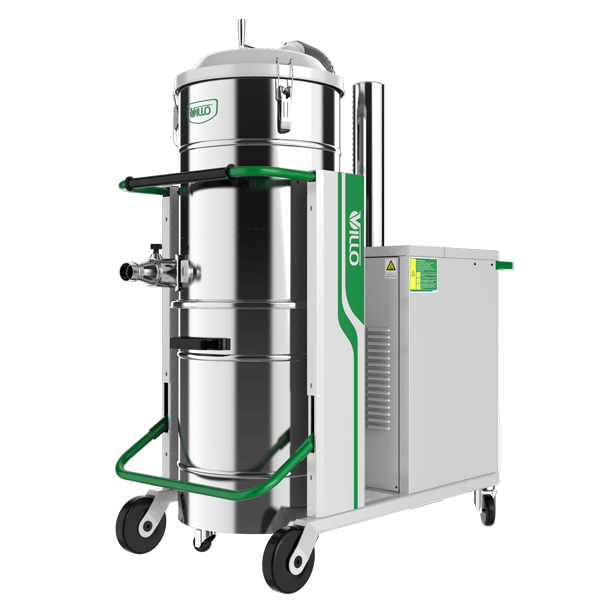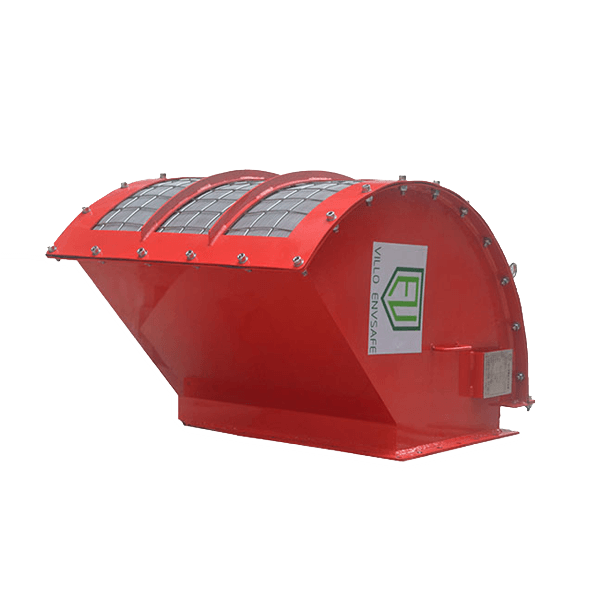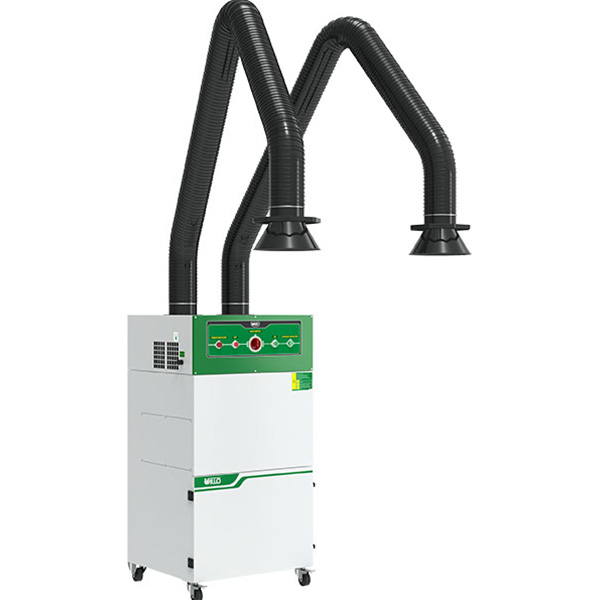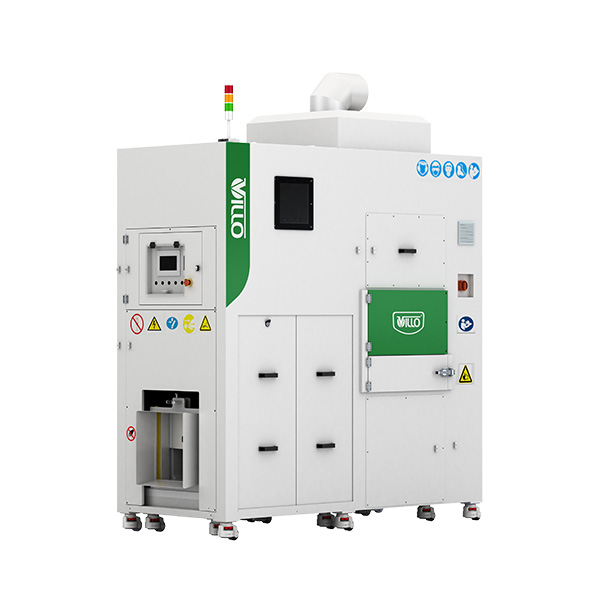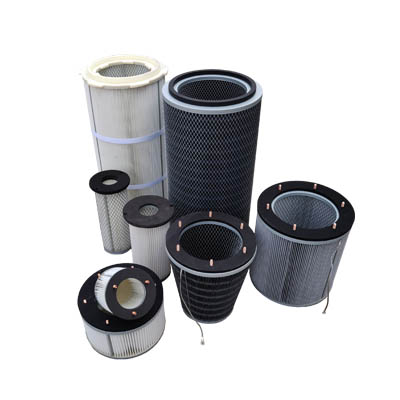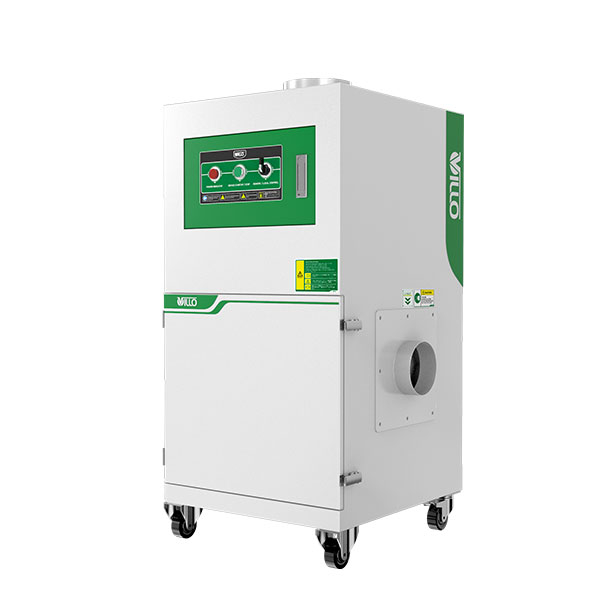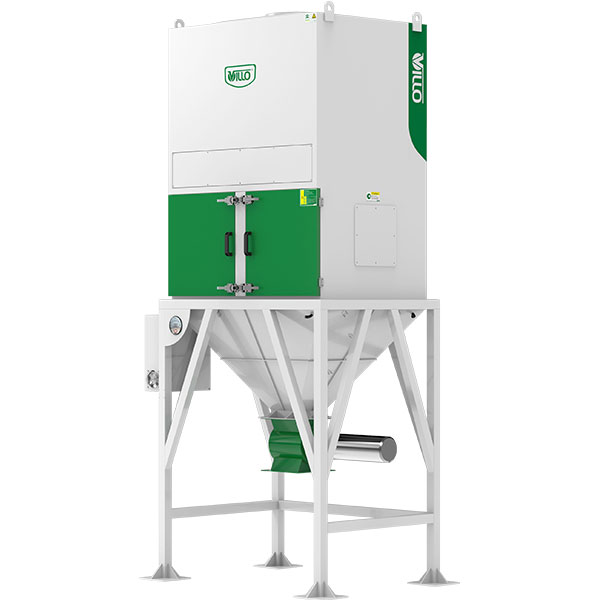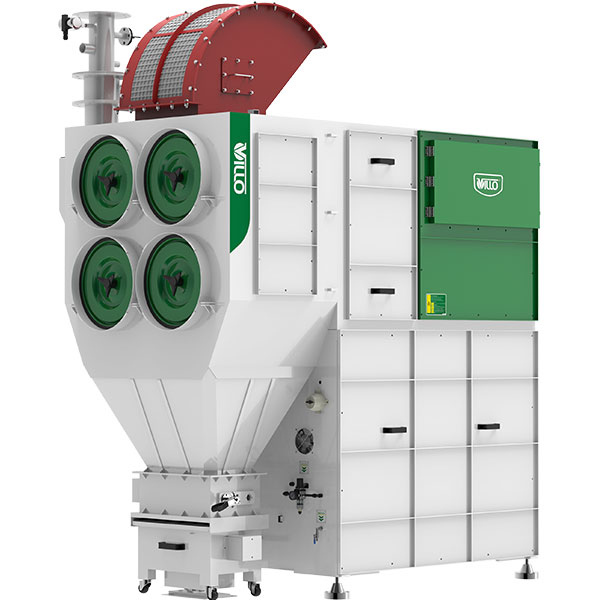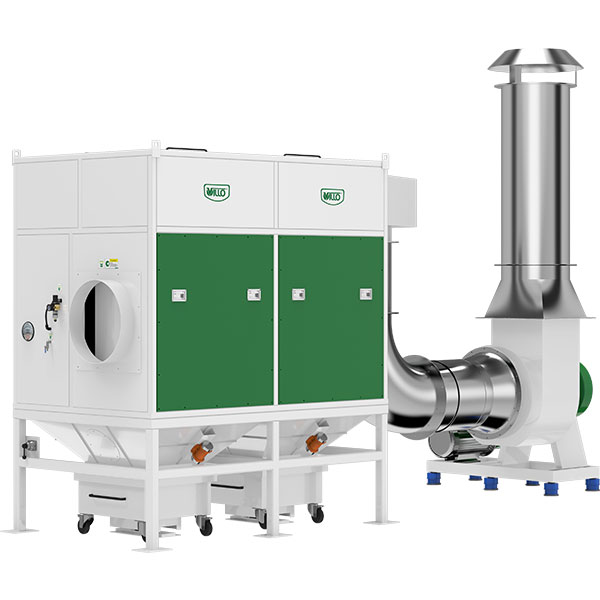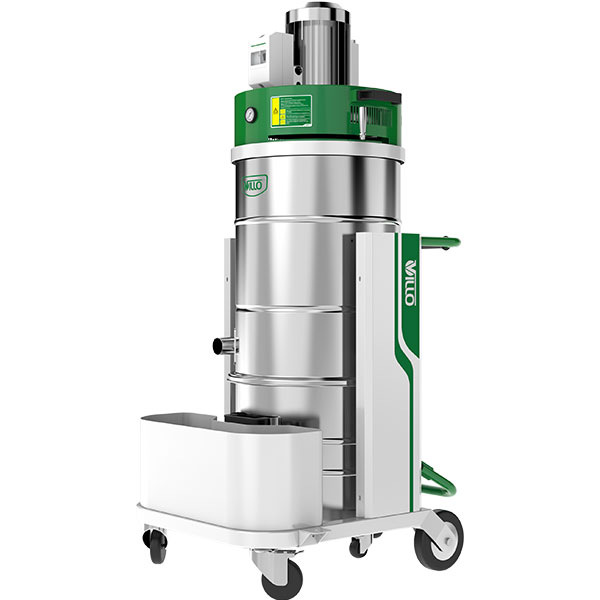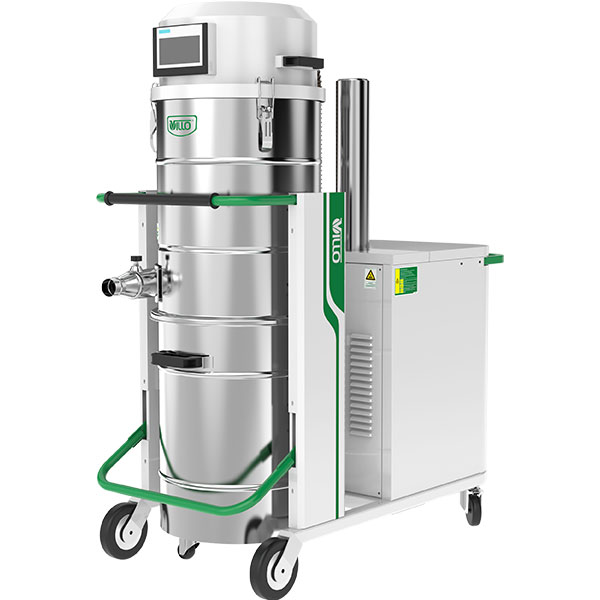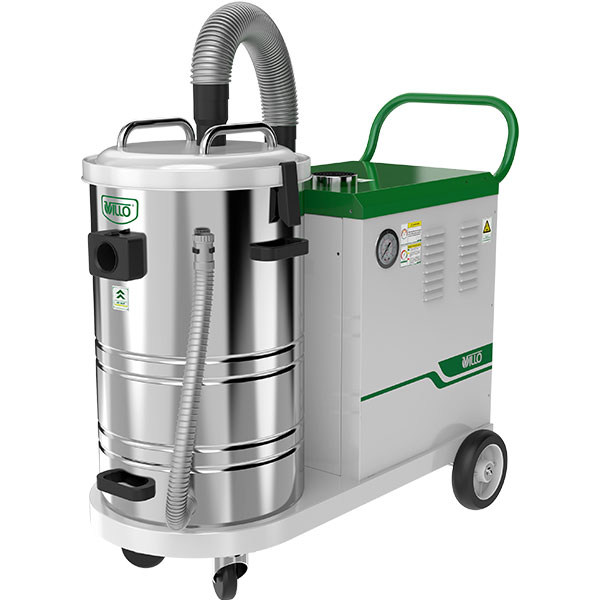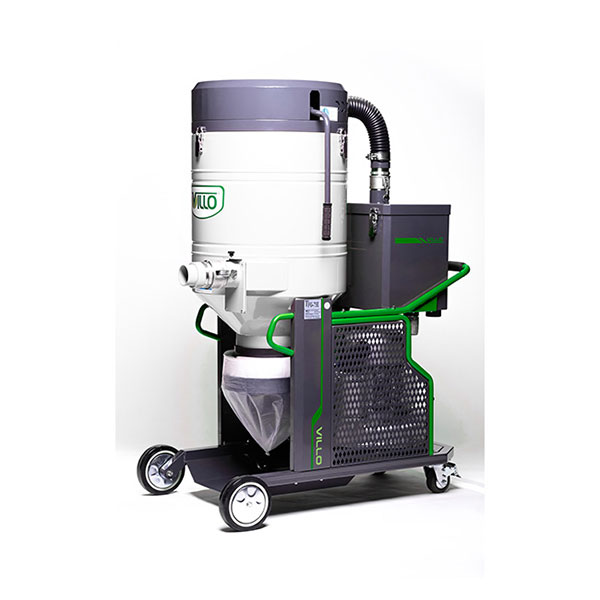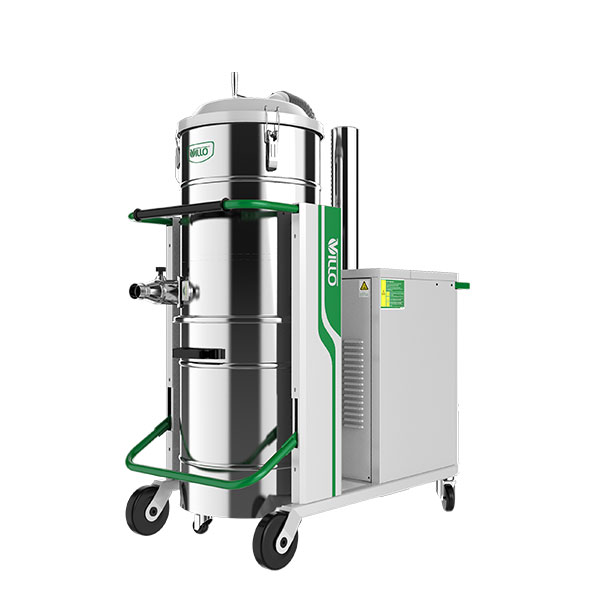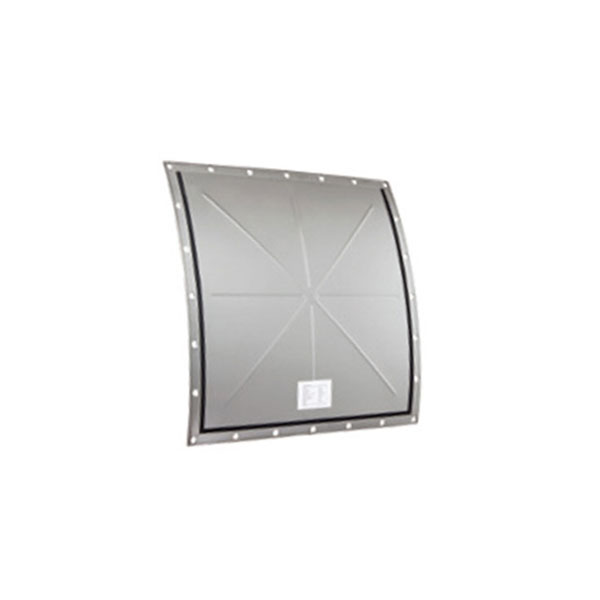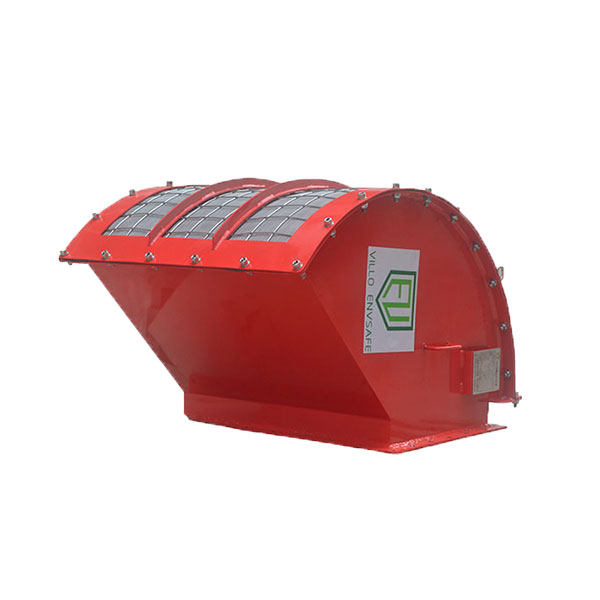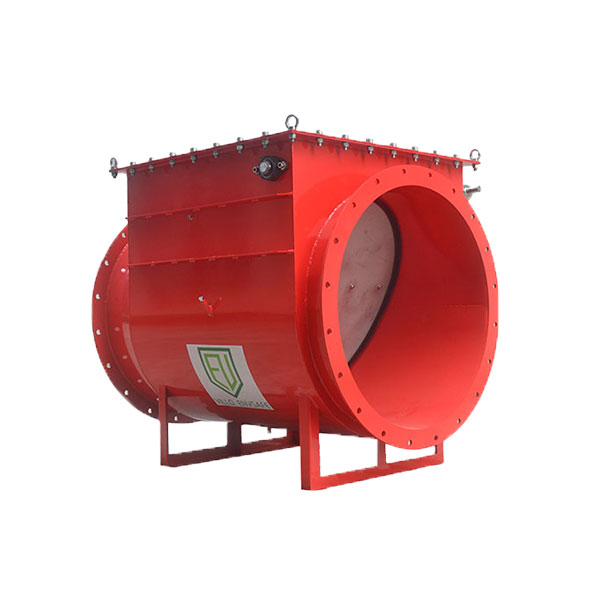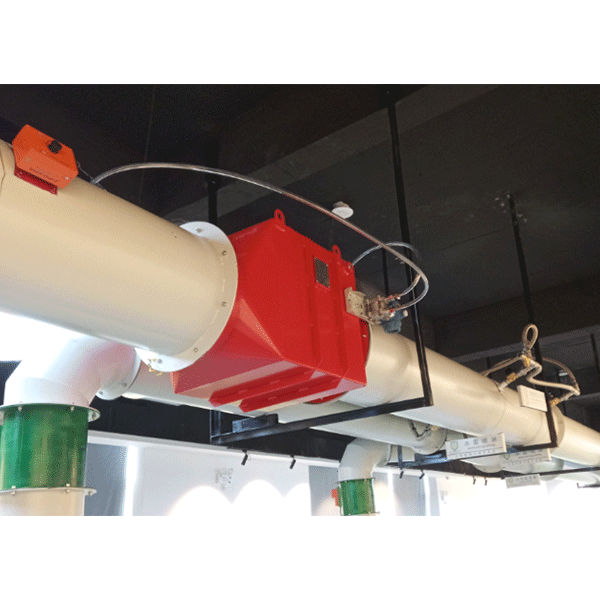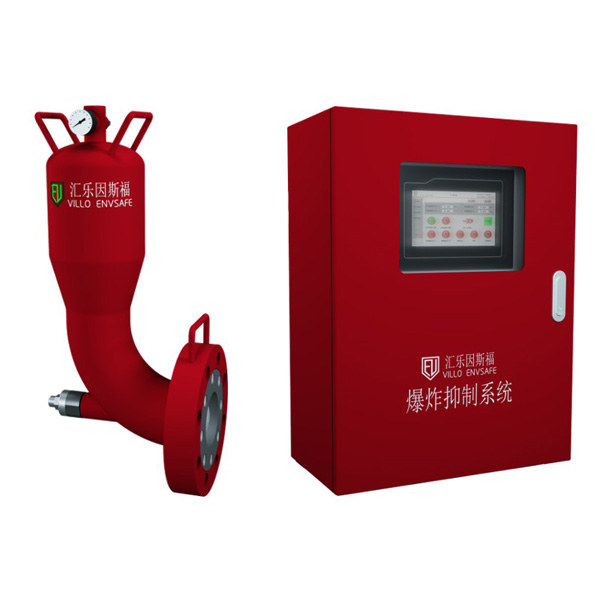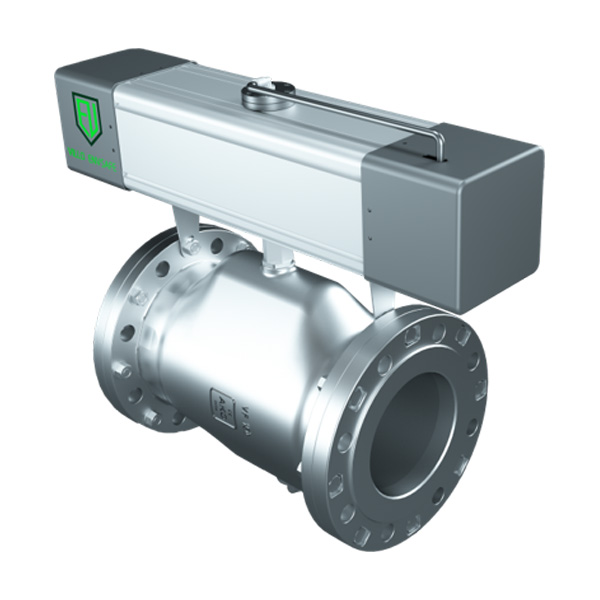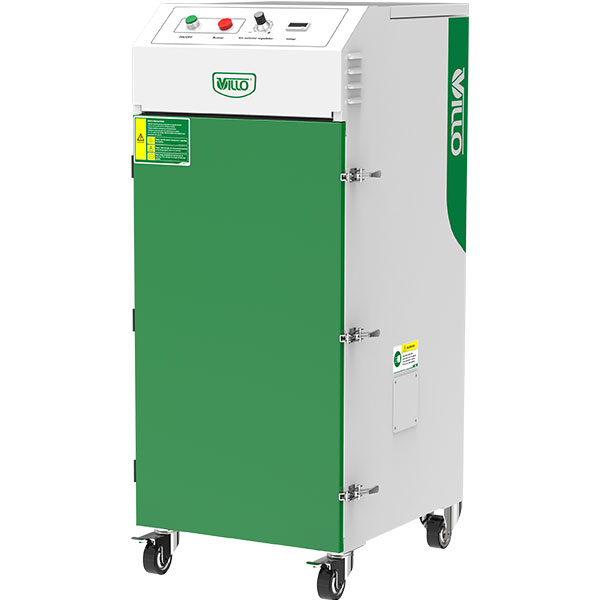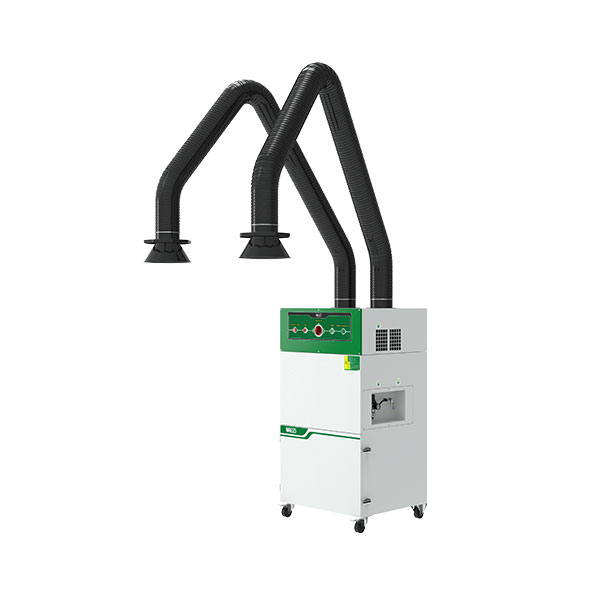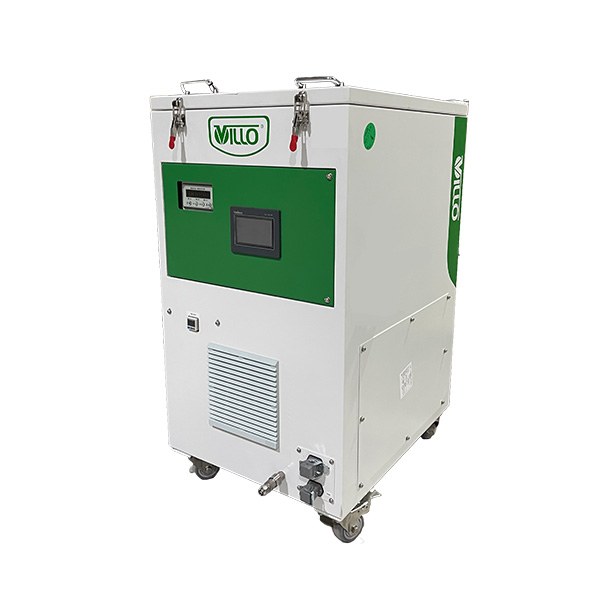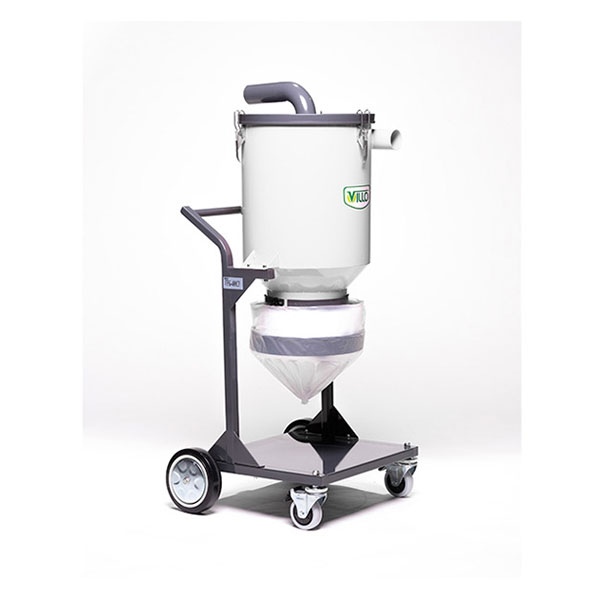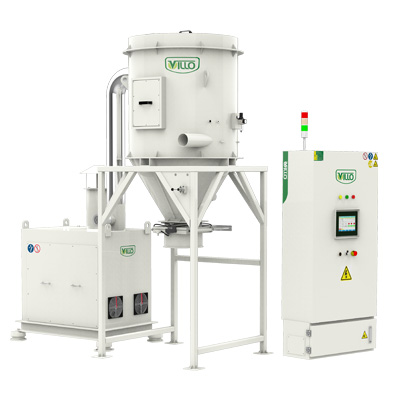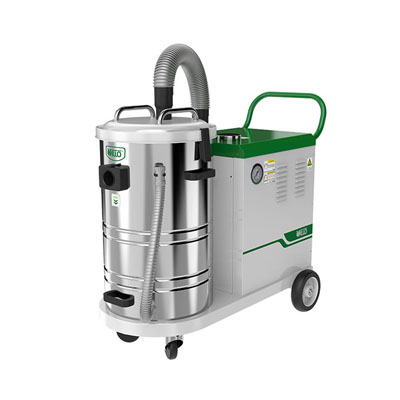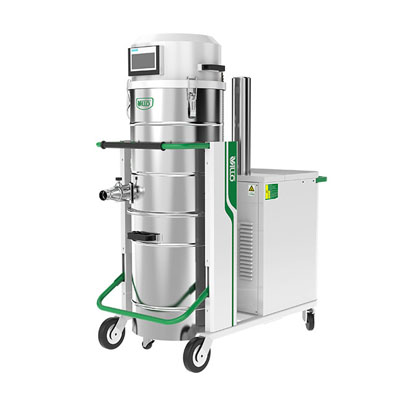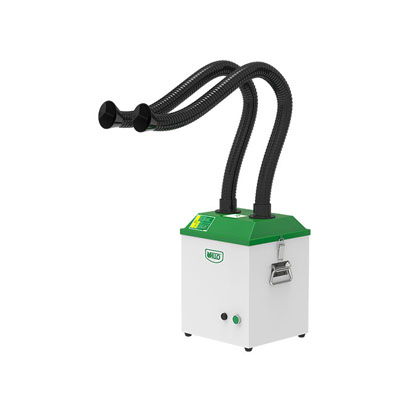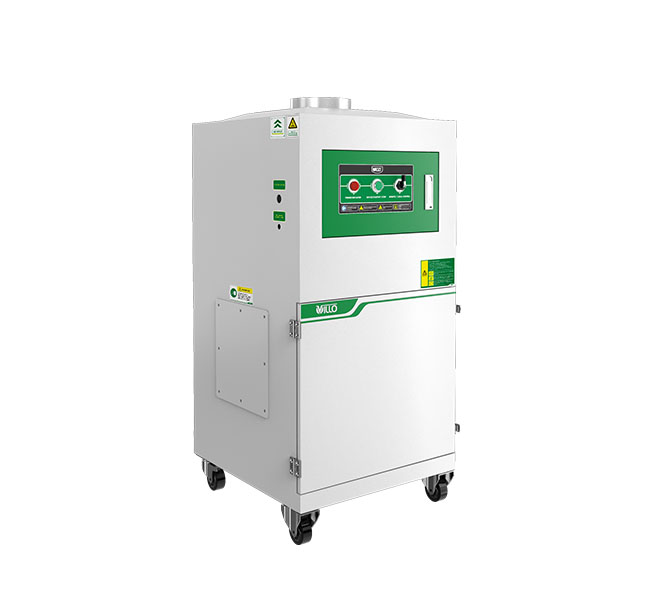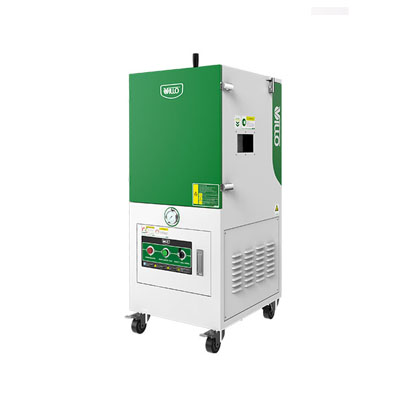Introduction
Dust collectors serve as indispensable tools in industrial and woodworking environments, tasked with the critical function of improving air quality by eliminating dust and airborne particles. In this article, we explore the multifaceted functions of dust collectors, ranging from safeguarding worker health to ensuring regulatory compliance and enhancing overall workplace efficiency.
Function of Dust Collector
The primary function of a dust collector is to improve air quality by removing dust and other airborne particles from the environment. Dust collectors are commonly used in industrial and woodworking settings to address several key objectives:
Health and Safety: By capturing dust at the source, dust collectors help reduce the concentration of airborne particles in the workspace. This helps protect workers from respiratory problems and other health issues associated with inhaling dust.
Environmental Protection: Dust collectors, such as explosion-proof dust collector, prevent dust from dispersing into the surrounding environment, reducing pollution and minimizing the impact on nearby ecosystems.
Equipment Protection: Dust accumulation can damage machinery and equipment, leading to costly repairs and downtime. Dust collectors help maintain equipment performance and extend their lifespan by preventing dust buildup.
Compliance with Regulations: Many industries are subject to regulations governing air quality and emissions. Dust collectors aid in compliance with these regulations by effectively capturing and containing airborne particles.
Cleaner Work Environment: By removing dust from the air, dust collectors contribute to a cleaner and more organized workspace. This improves overall working conditions and enhances employee morale and productivity.
Fire Prevention: Dust buildup in industrial environments can pose a fire hazard, especially in settings where combustible materials are present. Dust collectors help reduce the risk of fire by capturing combustible dust before it accumulates to dangerous levels.
Overall, dust collectors play a crucial role in maintaining a safe, healthy, and efficient workplace environment by effectively controlling dust and airborne particles.
Dust Collector Uses
Dust collectors are invaluable in a multitude of industrial processes, each tailored to address specific needs and challenges. Here's how dust collectors are utilized in various applications, incorporating the specified keywords:
Dust Collector for Blending: In blending operations, where ingredients or materials are mixed together to create a homogeneous product, dust collectors ensure that airborne particles generated during the blending process are effectively captured. This helps maintain a clean and safe working environment while preventing cross-contamination between different materials.
Dust Collector Machine for Crushing: Crushing operations, such as in mining or aggregate processing, generate significant amounts of dust and airborne particles. Dust collectors designed for crushing applications capture and contain these particles, reducing the risk of respiratory hazards for workers and preventing dust from spreading throughout the facility.
Dust Collector for Packing: Packing processes involve the transfer of materials into containers or packaging, which can create dust and airborne particles. Dust collectors installed in packing areas capture dust generated during material handling and packaging operations, ensuring that the finished products remain clean and free of contamination.
Dust Collector for Sanding: Sanding operations, commonly found in woodworking and metalworking industries, produce fine dust particles that can pose health risks and create a messy work environment. Dust collectors designed specifically for sanding applications capture airborne dust and debris, keeping the air clean and reducing cleanup time.
In each of these applications, dust collectors play a crucial role in improving air quality, protecting worker health, and maintaining a clean and safe working environment. By effectively capturing and containing dust and airborne particles, dust collectors contribute to enhanced productivity, compliance with regulations, and overall operational efficiency.
Conclusion
In conclusion, dust collectors are indispensable assets in industrial and woodworking environments, serving a multitude of functions ranging from protecting worker health to ensuring regulatory compliance and enhancing workplace efficiency. By effectively controlling dust and airborne particles, dust collectors contribute significantly to fostering a safe, healthy, and productive work environment.

 EN
EN
 ja
ja  ko
ko  fr
fr  de
de  ru
ru 